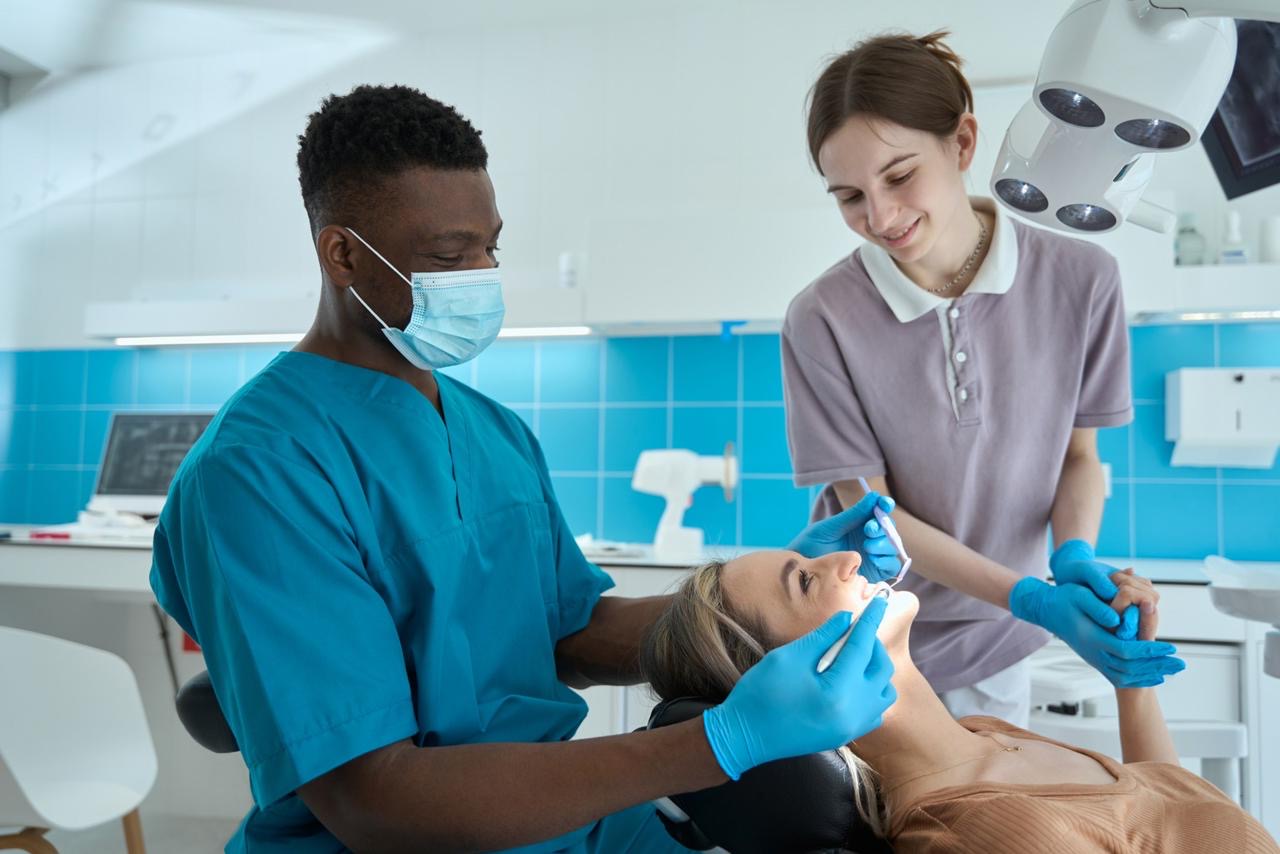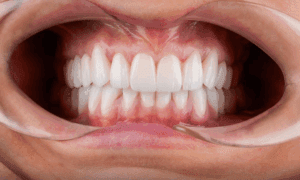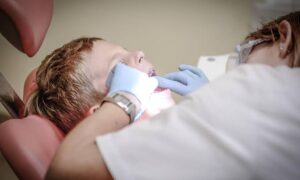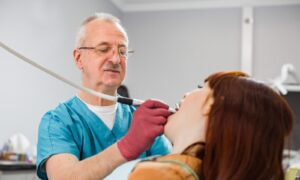As we age, maintaining oral health becomes more than just a matter of aesthetics, it plays a critical role in our overall well-being. According to experienced dental professionals in Reseda, CA, such as those at https://esmiledentalcare.com, seniors face a unique set of dental challenges that, if left unaddressed, can affect nutrition, comfort, self-esteem, and even systemic health. Let’s explore these common dental issues in more detail and discover how proactive care can make a difference.
1. Gum Disease and Receding Gums
Gum disease, also known as periodontal disease, is one of the most prevalent oral health problems among seniors. It typically starts as gingivitis, characterized by red, swollen, or bleeding gums, and can advance to periodontitis, where gums pull away from the teeth, forming pockets that become infected. Over time, this can lead to bone loss and tooth loss.
Receding gums are another common concern. As the gums shrink back, more of the tooth and root surfaces are exposed, making them vulnerable to decay and sensitivity. Older adults are more susceptible to these conditions due to years of plaque buildup, changes in oral hygiene habits, and systemic conditions like diabetes.
Tip: Routine cleanings, scaling, and root planing procedures can help manage gum disease. Brushing with a soft-bristled toothbrush and using an antimicrobial mouthwash also support healthier gums.
2. Dry Mouth (Xerostomia)
Dry mouth is a widespread issue among seniors, often caused by medications prescribed for chronic conditions such as high blood pressure, heart disease, and depression. Saliva plays a vital role in keeping the mouth clean, neutralizing acids, and aiding in digestion. A decrease in saliva production can lead to increased plaque accumulation, tooth decay, and difficulty in speaking or swallowing.
Tip: Seniors should stay hydrated and consider using saliva substitutes or sugar-free lozenges to stimulate saliva flow. Dentists may also recommend specific oral rinses formulated to alleviate dryness.
3. Tooth Decay and Root Caries
Even in older age, tooth decay remains a concern—particularly root caries. As gums recede, the roots of teeth become exposed and are more susceptible to decay because they lack the protective enamel that covers the crown. Combined with dry mouth and challenges in oral care due to physical limitations, root decay can quickly compromise dental health.
Tip: Fluoride treatments, either in-office or at home, can help strengthen tooth surfaces. Seniors should also use fluoride toothpaste and avoid sugary snacks and drinks that contribute to decay.
4. Tooth Loss and Denture Complications
Tooth loss not only affects appearance but also hampers proper chewing and digestion. While dentures and bridges offer restorative solutions, they come with their own set of challenges. Ill-fitting dentures can cause sores, gum irritation, and even lead to jawbone deterioration over time.
Additionally, poorly maintained dentures can harborbacteria and fungi, increasing the risk of infections such as denture stomatitis.
Tip: Regular dental visits ensure dentures fit well and remain clean. Patients should also remove and clean their dentures daily to maintain oral hygiene and comfort.
5. Oral Cancer
The risk of oral cancer increases with age. Warning signs may include persistent sores, lumps in the mouth, unexplained bleeding, or difficulty swallowing. Unfortunately, many cases go undiagnosed until they reach advanced stages due to lack of regular screenings.
Tip: Seniors should undergo oral cancer screenings as part of their routine dental exams. Early detection significantly improves the chances of successful treatment.
6. Difficulties in Maintaining Oral Hygiene
Aging often brings physical limitations that make brushing and flossing more challenging. Conditions such as arthritis, stroke-related impairments, or cognitive decline can hinder the ability to perform routine oral care effectively.
Tip: Electric toothbrushes with larger handles, water flossers, and specially designed floss holders can help make daily dental care easier for seniors. Caregivers can also assist with oral hygiene when needed.
7. Limited Access to Dental Care
Many seniors face obstacles when it comes to accessing consistent dental care. These include mobility issues, transportation difficulties, and financial constraints. Unfortunately, dental care is not always covered by Medicare, leaving many older adults without the support they need.
Tip: Look for local dental clinics, senior discount programs, or community health centers that offer affordable dental services. Some dental offices in Reseda, CA, also provide in-home visits or flexible scheduling for seniors with mobility limitations.
Oral health is an essential component of healthy aging. Dentists in Reseda, CA, emphasize the importance of preventive care, early detection, and customized treatment plans tailored to the unique needs of seniors. By addressing these common dental challenges proactively, older adults can maintain a higher quality of life, improved self-confidence, and better overall health.
If you or a loved one is facing dental concerns in later life, don’t wait – schedule a comprehensive dental check-up and take the first step toward a healthier smile.



































